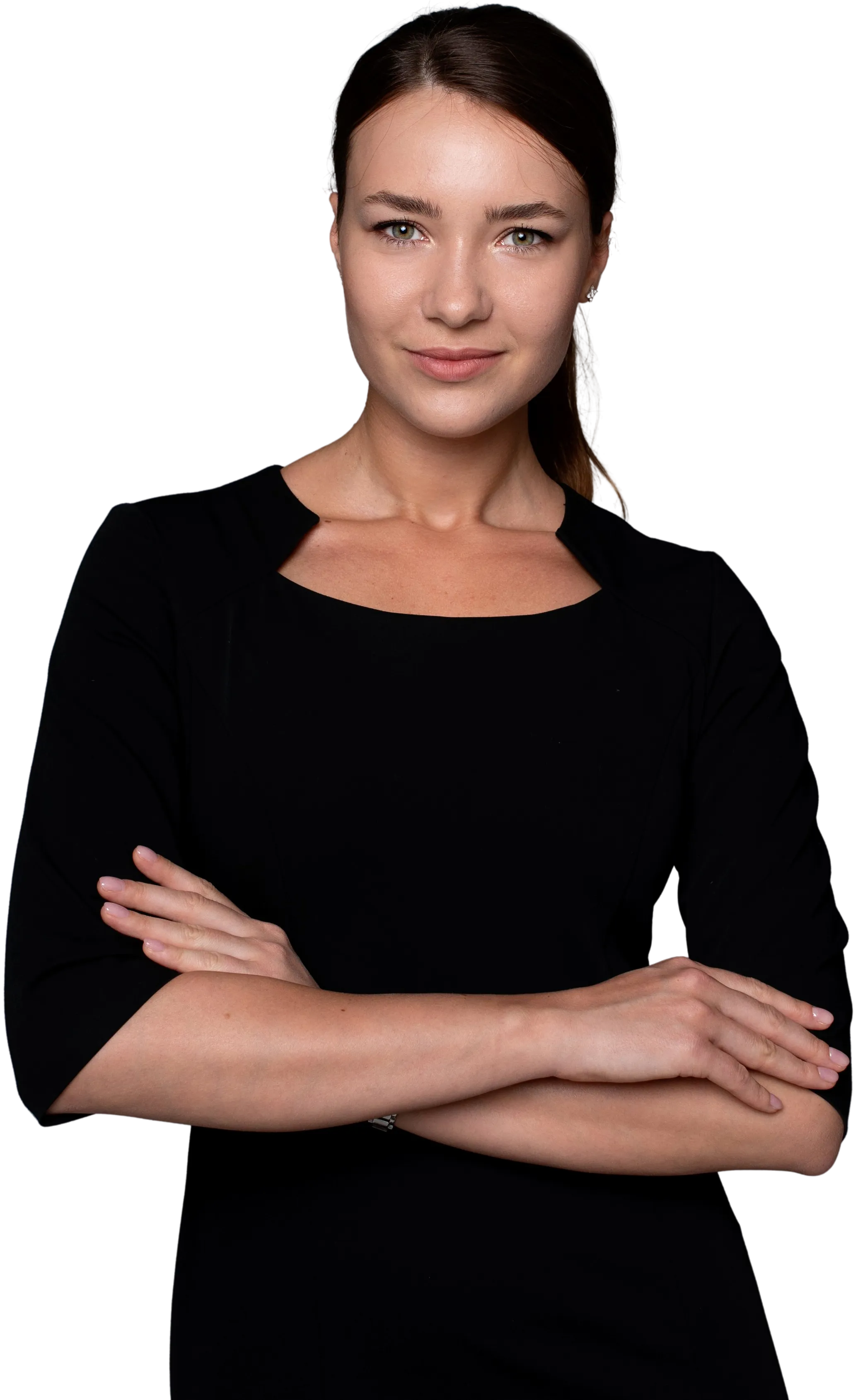Properties for Sale at Dubai International City
Area Guide for Dubai International City
Dubai International City is one of the most recognisable areas in the south-eastern part of Dubai. It was designed by Nakheel as a large residential cluster covering an area of approximately 800 hectares with themed blocks and a central lake front. The layout was inspired by Middle Eastern patterned mosaic tiles, and development began in 2002-2004. The area was formed in conjunction with the Dubai Central Fruit and Vegetable Market at Al Warsan and gained a unique commercial centre in the form of Dragon Mart, which, after its expansion in 2016, now comprises over 5,000 shops, a cinema and a hypermarket.
The convenient location positively affects everyday life, with many useful services at your fingertips, easy access to major highways and business areas by car. The scale of development is confirmed by official statistics from Nakheel: over 22,000 residential units and a comprehensive infrastructure for everyday needs. The combination of wholesale and retail trade and affordable housing has attracted a variety of business structures, making property at Dubai International City a practical choice for living and renting.
Location and Transport Accessibility of Dubai International City
Geographically, Dubai International City is located between Dubai Silicon Oasis and Dubai International Academic City, close to Mirdif and Al Warqa. The car ride to Downtown Dubai takes approximately 20-25 minutes, and with public transport it takes about 55 minutes. DXB International Airport is about a 25-minute drive away, and DWC International Airport is about 50 minutes away.
Sheikh Mohammed Bin Zayed Road and Dubai – Hatta Road (Al Awir) lead to the area, providing convenient access to the centre as well as the academic and technology cluster. The profile of roads and intersections around Dubai International City is as follows: E44 passes through Ras Al Khor Industrial Area and intersects with E311/E611/E66, while E311 connects the inner areas of Dubai with other emirates. For residents of the location, this means predictable travel times and alternative detour routes.
Ground transportation is based on RTA bus lines (including routes 24, 366, 367, 53, X23), which connect with the red and green line metro stations. In addition, the Dubai authorities are investing in the modernisation of entrances and internal connections — it has been announced that the expansion of Manama Street and junctions within International City Phase 3 will almost triple the average travel time.
Infrastructure at Dubai International City
The commercial heart of the district is Dragon Mart, the largest Chinese retail and wholesale market outside mainland China. It is home to thousands of shops, family entertainment and services. In the summer of 2025, the Dubai Police opened a 24-hour Smart Police Station on the Dragon Mart site with fully automated service without the involvement of employees, adding another element of a ‘smart’ urban environment to the area.
The medical network is represented by the NMC clinic in China Cluster, as well as a number of private practices and clinics in the surrounding area. There are currently few educational institutions at Dubai International City, but within a 15-minute drive there are prestigious schools offering various programmes, from British to IB and CBSE: Kings' School Nad Al Sheba, GEMS Modern Academy, and Dubai English Speaking College. The commercial and residential infrastructure is represented by Warsan Souk, the International City pavilion, and the Warsan club. Dubai's large malls outside the district are within easy access.
Types of Property at Dubai International City
Property at Dubai International City is mainly represented by low- and mid-rise residential complexes in stylistic clusters, as well as townhouses in the neighbouring Warsan Village. Studios and 1-2-bedroom apartments are actively represented on the market, making the area a practical choice to buy your first home or rent it out for income. According to official materials from Nakheel and specialised guide portals, themed clusters and lake areas are complemented by green courtyards and household services on the lower floors, while Warsan Village has a format of closed streets with club infrastructure.
There are also new launches at Dubai International City. These include Chapter 01 by Newbury at Al Warsan 4, with well-designed communal areas and commercial infrastructure on the ground floors, and Aizel Tower by Maakdream Properties, an intimate building at Warsan 4 with a maintained rooftop. Rise by Blanco Thornton is a small-scale project with a focus on rational space and everyday functionality. The apartments at Valores Elevia Residences are complemented by a well-thought-out set of amenities, including a climate-controlled indoor swimming pool, a gym, a playground, landscaped courtyards and covered parking. Commercial property in Dubai International City is represented by the Tomorrow Commercial Tower project, where offices and retail space can be purchased from Tomorrow World. These developments demonstrate the gradual expansion of the perimeter of International City Phase 2 (Warsan 4) and the completion of local plots.
The Economic Appeal of Dubai International City
The area has historically developed as an affordable alternative to central locations with convenient access to business clusters. The proximity of Dragon Mart creates an additional source of commercial activity: the flow of shoppers and small wholesalers supports demand for rental and service space. For investors considering buying property at Dubai International City as a passive income tool, three factors are important: affordable entry cost compared to central areas, commuting balance to business areas, and steady demand from tenants from neighbouring educational and technology clusters. For families, amenities, proximity to DXB and a choice of schools within 15 minutes' reach are important factors.
In the next 5-10 years, transport modernisation and the strengthening of the southern air hub will play into the location's favour. The presence of major infrastructure anchors and the increase in high-quality development create the conditions for gradual capitalisation growth while maintaining competitive rents. For those considering apartments at Dubai International City from the point of view of everyday comfort, simple things remain decisive: parking in the courtyards, a ‘shop at home’ format, quick access to the E311/E44 and access to the international airport without long transfers.
As a result, Dubai International City is a rational choice for those who value a balance of price, infrastructure and transport links. The area has formed a sustainable ecosystem of everyday services, while maintaining access to the emirate's main business and educational centres. For investors, this is a conservative scenario with predictable demand and clear liquidity logic; for families, it is an opportunity to live in a developing community with access to schools, healthcare and shopping centres.

Hi, I'm Victoria 
Hi, I'm Victoria 
Property Investment Expert at in.ae
Your Property Investment Expert at in.ae
If You Have Any Questions About Real Estate in The UAE, I'd Be Happy to Answer 


More Areas to Buy Property in Dubai

1
Be The First to Know
About New UAE Properties

1
Let's subscribe to the in.ae digest to get access to property pre-launches in Dubai, Abu Dhabi, Ras Al Khaimah, Sharjah, Ajman and Umm Al Quwain. Zero spam.

UAE, Dubai, Palm Jumeirah,
Golden Mile Eight, Office 12

UAE, Dubai, Palm Jumeirah, Golden Mile Eight, Office 12
The Special Project of









 23/11/2025
23/11/2025